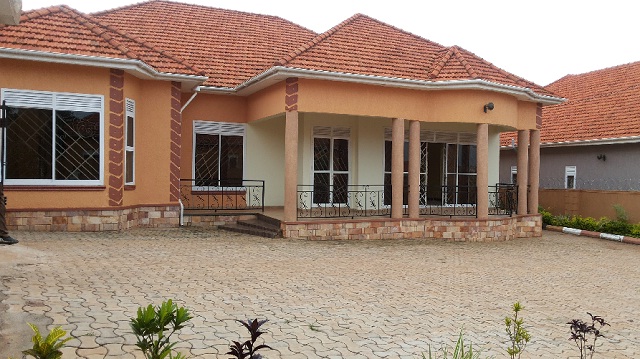
Kampala, Uganda | URN | Cabinet has approved the tabling of Landlords and Tenants Bill which seeks to, among other things, restrict payment of rent in shillings unless the tenant and landlord amicably agree on transaction in other currencies.
State Minister for Housing, Dr. Chris Baryomunsi, says the bill will be presented in parliament within two weeks. The bill, if passed into law, will make it mandatory for the parties to sign a tenancy agreement in writing in order to document and provide a framework for their relationship. In making the Agreement, the tenant will be required to provide National Identity or Alien Identification card in case of non-citizens.
The bill will, if passed, repeal two archaic acts – the Rent Restriction Act of 1959 and the Distress for Rent (Bailiffs) Act of 1933.
Baryomunsi noted that the lack of a regulatory framework for rental premises has often resulted into unresolved conflicts and violation of rights for both the landlords and the tenants.
The bill, Baryomusi said, will also stipulate duties and responsibilities of the two parties. For instance, the landlord’s responsibility entails providing rentable premises fit for human habitation, payment of property rates and relevant taxes, keeping the exterior of the premises in good condition, and according the tenant peaceful and quiet possession and enjoyment of the premises.
The duties of the tenant include paying the rent for premises, paying for the utilities and other charges, utilising the premises only for the intended use, keeping the interior of the premises in good and clean condition, avoiding doing anything that would be a nuisance to inconvenience others, and not to sublet any part of the premises without the knowledge of the landlord.
Another salient feature in the bill, Baryomusi says, is a framework that will guide rent increment. A landlord will only be allowed to increase rent by 10 percent annually.
Baryomunsi said the landlords and tenants will know their roles and obligations regarding rentable premises. The bill will also put in place alternative dispute resolution to settle conflicts between landlords and tenants and culminate in a reduction of forceful evictions and destruction of lives and property.
He further said that the proposed law will create “a conducive environment for investors to increase on the housing units which in turn will lead to a reduction in the housing backlog and increase security of tenure for occupants, which will lead to increased economic investment in the housing sector in Uganda.”
 The Independent Uganda: You get the Truth we Pay the Price
The Independent Uganda: You get the Truth we Pay the Price



